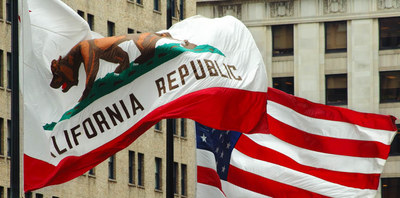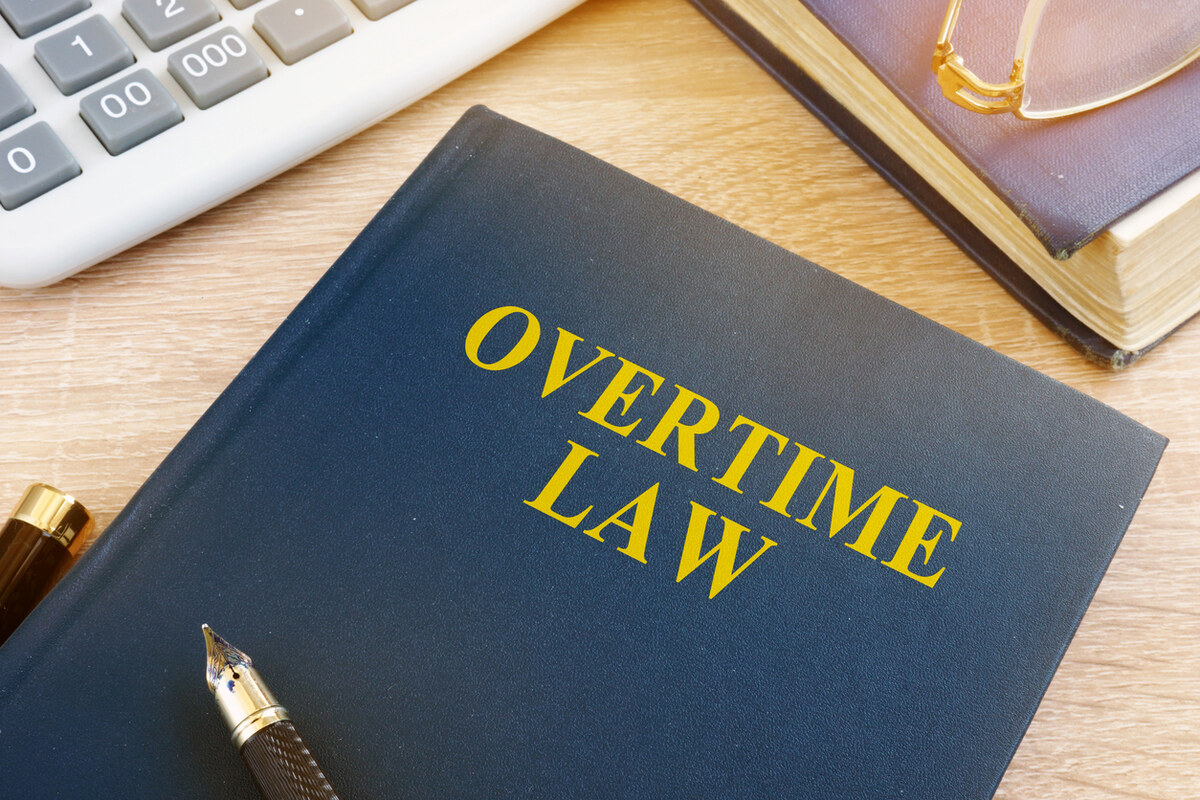Collecting California Labor Law Settlements Remains a Challenge

Su has been aggressively trying to bring that number down - a number, according to a 2010 UCLA study, estimated to be $26 million in lost wages each week affecting workers in Los Angeles County alone.
But it’s a tough go. And in spite of impressive California labor code victories during Su’s tenure, the majority of assessed penalties and wage claims are never paid by the perpetrators. According to the Los Angeles Times (6/27/13), a study undertaken by the National Employment Law Project and the UCLA Labor Center discovered the collection rate remains painfully low.
The report, covering a three-year period from 2008 to 2011 and entitled, “Hollow Victories: The Crisis in Collecting Unpaid Wages for California Workers,” found that only 17 percent of court-ordered claims for back pay and penalties under California labor employment law are ever collected. Even with signed judicial orders and settlement agreements in place, less than half of penalties and unpaid wages - $165 million out of $390 million so ordered - were ever successfully collected.
Su is aware of such lax compliance with California and labor law orders, and in June, issued citations against an LA-based garment manufacturer after it was discovered the company had changed its name to avoid paying previous citations assessed for non-compliance. The most recent citation, in response to the alleged attempt to avoid compliance with a previous California labor law violation, will cost the company $300,000 in new wage and hour violations.
But will they pay?
The Times article told the story of a worker who won a $20,000 California prevailing wage judgment against her employer in 2009. However, plaintiff Anita Herrera never had a chance to enjoy her windfall. Rather than pay the court-ordered judgment, Herrera’s former employer changed its name, acquired new business licenses and moved into new offices. “I feel very defrauded,” Herrera told the LA Times, in Spanish. “The company continues with its contracts and continues doing business.”
Beyond Labor Commissioner Su’s efforts to bring justice to bear against employers who skirt around court-ordered citations and penalties as mandated by California state labor laws, a new bill introduced to legislators in Sacramento would mandate the placement of wage liens against an employer’s property as a means to ensure that adequate assets are available to undertake payment of any settlement once a California labor law judgment is rendered. Dubbed the Fair Paycheck Act, AB 1164 is nonetheless getting a rough ride by business groups and lobbyists, and has stalled.
Assemblywoman Bonnie Lowenthal (D-Long Beach) vows to re-introduce the measure to state legislators next year.
Meanwhile, in addressing the issue of cited employers doing an end run around California labor law and court-mandated settlements and repayment orders, Su referenced her $300,000 order to the unnamed garment manufacturer. “This case demonstrates our commitment not just to addressing wage theft but also to cracking down on the shell games used to avoid detection,” said Labor Commissioner Julie Su.
In the meantime, disadvantaged workers must remain vigilant in holding their employers to account for violations to California prevailing wage law and other affronts to state employment statutes, knowing those charged with upholding labor laws will continue putting teeth into laws designed to hold employers accountable.











4 Comments
Nguyen Nguyen
January 26, 2017Cheryl Harrington
October 20, 2016Elle Walters
March 8, 2016Chris Cafferty
May 31, 2014